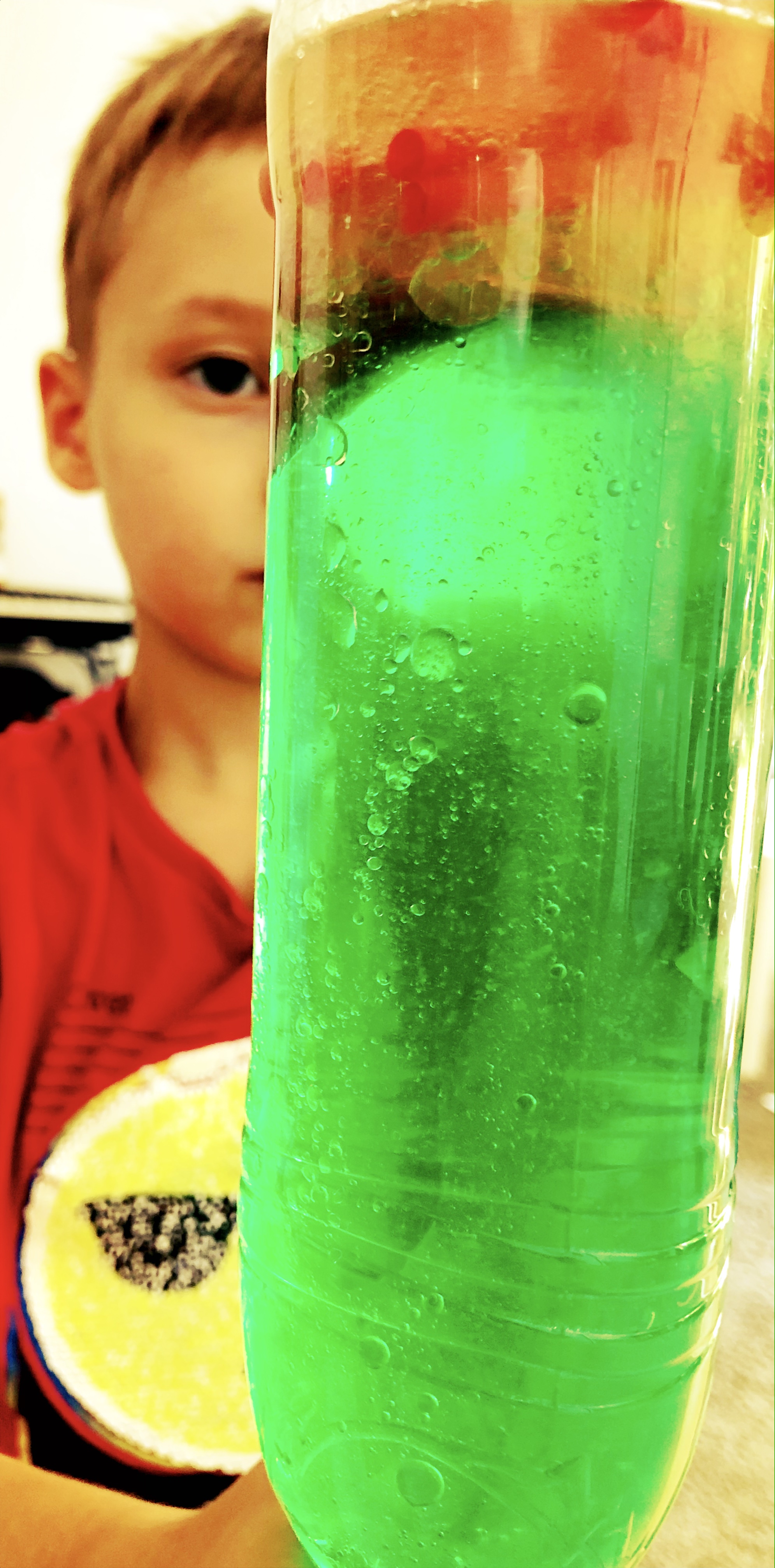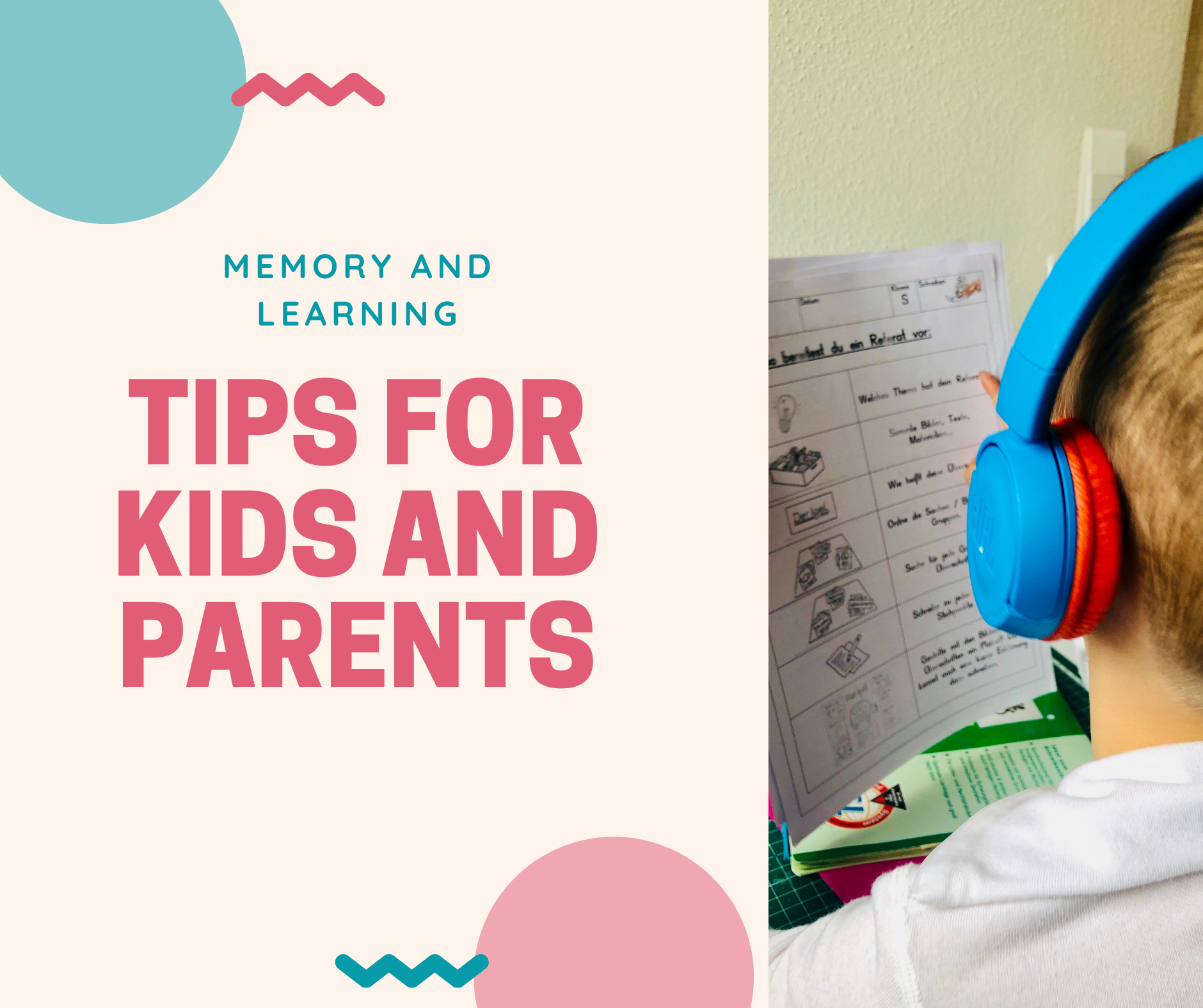Attention Span in Early Childhood: What Research and Practice Say About Maintaining Attention

My kids can’t play with one toy for more than 5 minutes. They can’t sit still during our reading time. I have to help them all the time to stay focused. What’s wrong with them?!
Most likely – nothing.
In this article read more about:
What does research say about attention span?
First of all, it’s normal for young children to have short attention spans and be unable to stick with one activity. Secondly, as most of us have experienced, and the experts in Mayo Clinic claim the same, young children are naturally energetic. They often have plenty of energy left long after their parents are worn out. Also, some children simply enjoy a higher level of activity than others. And sometimes, total strangers approach you at playgrounds and say: “Wow, your kids are really energetic. No wonder you are so thin.” So, being active and having short attention spans is pretty typical in early childhood.
But I guess it’s natural that parents worry and ask themselves if it’s normal for their kid to have such short attention spans. After all, attention is closely related to success in many areas of our lives.
A body of research speaks to the role of attention in learning and cognitive development. Attentional abilities predict problem-solving and language skills. So, it’s completely understandable to wonder if there’s anything we, as parents, can do to help our children focus better.
Guess what – it’s through play. Those who follow this blog know that I firmly believe that children are designed to learn through play. Ok, it’s not just me, it’s also a vast number of studies and scientists in the area of early development. Those who don’t follow it, and you should, now you know – play is the key ingredient to the healthy development of young (and older) children.
What we probably all know is that a parenting style influences our children’s behaviour, outcomes, including their academic engagement and aspects of their self-perceptions. When positive feedback is used to reinforce healthy behaviours, children tend to misbehave less (1).
When it comes to engagement and focus, emotionally supportive parenting is thought to enhance children’s willingness to explore and thus facilitate their engagement with the environment (2). However, supportive does not mean controlling. On the contrary, one study (3) shows that control negatively predicted toddlers’ attention. In other words – when children play, let them play. When parents tend to interfere with children’s activities and complete tasks for them, toddlers get easily frustrated. And children who become accustomed to continual parental control of their actions may become less motivated or able to follow their natural interests in engaging with the environment. This all means that if parents interfere with children’s play telling them how to do what, finish a Lego tower because the child is ‘doing it wrong’, the children might be less able to initiate or sustain attention. Yes, I know that sometimes their chubby little fingers can’t put those two pieces of building blocks together, and children get frustrated. And yes, sometimes those building blocks fly across the whole room. But positive affect and praise by adults during those activities have been linked with persistence at task, self-praise and attention in young children. And speaking of play, don’t forget the toys. It seems that in terms of the number of toys, fewer is better. Having only a few toys may help toddlers to focus better and play more creatively. When provided with fewer toys in the environment, toddlers engage in more extended periods of play with a single toy, allowing for the better focus to explore and play more creatively (4).
What can parents do to help their children initiate and maintain attention?
- Read. And do it every day. Several times a day. The child won’t sit still? Be dramatic, ask questions, engage, read loudly, whisper… And remember – baby steps. Few seconds will turn into a minute, then two. Before you know it, they will be sitting with their books so focused, that they won’t hear you calling them for lunch.
- Be creative. The child thinks writing letters is boring? Try using chalk, play-doh, cut pictures and letters out of newspapers and magazines.
- Decrease distractions. Can you focus well when you’re hungry or tired? Children definitely cannot. Give your child a snack before starting with an activity.
- Pay attention to toys. Reduce their number - the fewer is better. Also, try to avoid loud, battery-operated toys that give you (and your kid) a headache. Go for sensory, open-ended, and wooden toys.
- Be patient. Sustaining attention for a prolonged period of time doesn’t happen overnight.
1 Owen, D. J., Slep, A. M. S., & Heyman, R. E. (2012). The effect of praise, positive nonverbal response, reprimand, and negative nonverbal response on child compliance: A systematic review. Clinical Child and Family Psychology Review, 15(4), 364-385. doi:10.1007/s10567-012-0120-0
2 Matas, L., Arend, R. A., & Sroufe, L. A. (1978). The continuity of adaptation in the second year: The relationship between quality of attachment and later competence. Child Development. 1978;49:547–556
3 Gaertner, B. M., Spinrad, T. L., & Eisenberg, N. (2008). Focused Attention in Toddlers: Measurement, Stability, and Relations to Negative Emotion and Parenting. Infant and child development, 17(4), 339–363. https://doi.org/10.1002/ICD.580
4 Dauch, C., Imwalle, M., Ocasio, B., Metz, A. (2018). The influence of the number of toys in the environment on toddlers` play. Infant Behavior and Development, 50, 78-87. https://doi.org/10.1016/j.infbeh.2017.11.005

